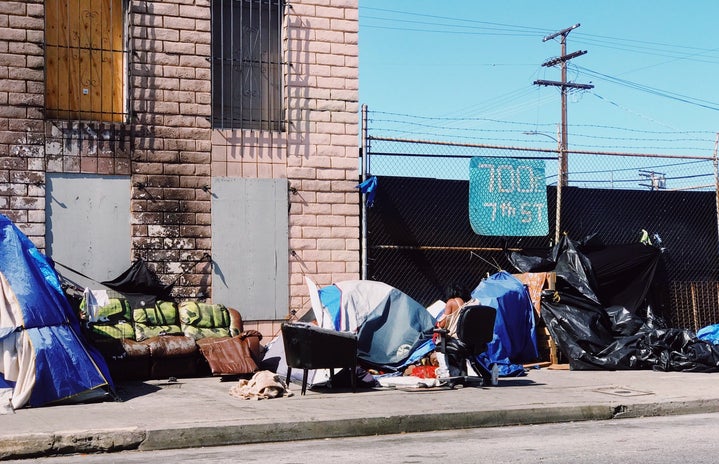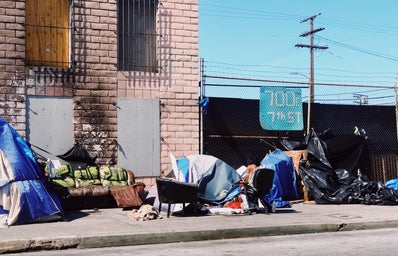There is a direct relationship between having an address and getting a job. To keep accounts up to date, it is necessary to have a salary to pay the bills, while to have a permanent job in Brazil, a ZIP code number is, in most cases, mandatory.
When a worker is hired by a company under the CLT (Consolidation of Labor Laws) regime, common documents are requested, such as identity card, employment card and other documents, including a copy of a proof of residence.
The purpose of companies when requesting invoices or other official paper that proves that the contractor lives in the informed residence is an important bureaucratic issue to ensure, for example, that the person could be found if necessary and to avoid fraud.
However, this simple request – asked even by some contractors to provide services or temporary demands – has been a problem for a lot of people in the country.
It is a cycle: there is no money to get a house, that is, an address to report, and therefore job opportunities are barred. Consequently, there is a precariousness of the living conditions of several workers, and often their families as a whole.
Before the coronavirus pandemic, the city of São Paulo alone had about 25,000 homeless people, according to Census data released in 2019. Approximately 85% were men facing personal problems, such as family conflicts and divorces.
Yet, amid the economic impact of 2020 and 2021, this profile has changed. If you used to walk around São Paulo before the pandemic, you will notice that there is now a considerable amount of tents set up around the city, mainly in the central regions. These are not men alone, we are talking about families, with school-age children.
Between March 1st and August 31st of last year, the Zero Evictions Campaign mapped a total of 6,373 family evictions in the country. In the city of São Paulo, more specifically, there were about 1,681 people removed from their homes due to financial issues.
With the unemployment rate at 14.1% in the second quarter of 2021, according to data from the Brazilian Institute of Geography and Statistics (IBGE), there are already about 14.4 million Brazilians without a fixed job.
Veja São Paulo magazine, in an exclusive article, found that the number of families looking for food in the city does not correspond only to those evicted in the capital. It has become common for family groups from surrounding cities and, mainly, from interior regions, to use their savings to travel to São Paulo in search of help, since the donations are not enough in these regions.
Most shelters for people living on the streets are also not able to receive these families in the best way, since, according to the City Hall in a statement to Veja São Paulo, they were designed for the profile of men living alone.
In May 2020, the daily average of assistance provided by Special Reception Centers (CAEs) for families reached 348, according to data from the Municipal Social Assistance Department. In parallel, the demand for exclusive shelter units for mothers and babies suddenly grew 58%.
Until the end of the administration, the city promises another 24 new services with a limit of 200 people in each of the spaces. However, government assistance may not be enough, making the action of non-profit institutions indispensable for families seeking help.
The organizations São Paulo Invisível (@spinvisivel) and Somos DaRua (@somos_darua), for example, are essential to help people looking for food and blankets, while the Trampo Link (@trampolink21) initiative has been a reference in mobilizing companies for the hiring professionals without the requiring a zip code in the documentation.
————–
The article above was edited by Giulia Lozano Pacini.
Like this type of content? Check Her Campus Cásper Líbero home page for more!


